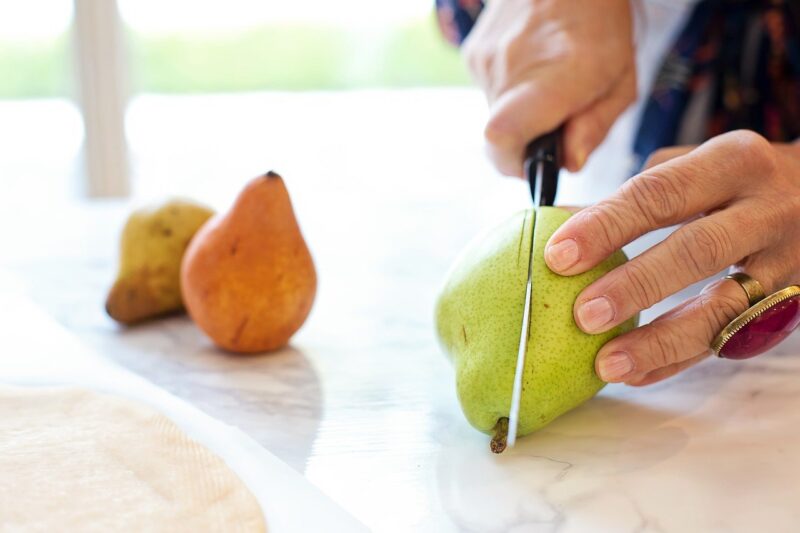
Maintaining strong bones is vital for overall health and well-being, especially as we age. Around the world, millions suffer from osteoporosis, a condition characterized by weak and brittle bones. Understanding how diet and exercise can influence bone health is essential for everyone, regardless of age. This article will guide you through the best practices to strengthen your bones, helping you achieve a healthier future.
1. Understanding Bone Health: Why It Matters
Bones serve as the structural framework of the body, housing essential organs, enabling movement, and protecting various tissues. Healthy bones are important for:
- Mobility: Strong bones support your body weight and allow you to move freely without the risk of fractures or injury.
- Prevention of Osteoporosis: Maintaining bone density can significantly reduce the risk of osteoporosis and related fractures later in life.
- Overall Health: Bone health is linked to other aspects of health, including metabolism, hormone regulation, and more.
Adequate nutrition and a regular exercise regimen play crucial roles in enhancing and preserving bone health throughout life.
2. Diet: Nutrition for Strong Bones
To build stronger bones, it is essential to include a balanced diet rich in the nutrients that promote bone density. Key nutrients and their sources include:
Calcium
Calcium is a primary mineral in bone tissue. Adults should aim for 1,000-1,200 mg of calcium daily, depending on age and gender. Good sources of calcium include:
- Dairy products (milk, yogurt, cheese)
- Leafy green vegetables (kale, broccoli, collard greens)
- Fortified foods (orange juice, cereals)
- Fish with bones (sardines, canned salmon)
Vitamin D
Vitamin D is essential for calcium absorption. Adults typically need 600-800 IU of Vitamin D daily. Sources include:
- Fatty fish (salmon, mackerel)
- Eggs
- Mushrooms exposed to UV light
- Fortified foods (milk, orange juice)
Sun exposure also helps the body synthesize Vitamin D, so spend some time outdoors in moderation.
Magnesium
Magnesium supports bone structure. Adults need about 310-420 mg per day. Food sources include:
- Nuts and seeds (almonds, pumpkin seeds)
- Whole grains (brown rice, quinoa)
- Legumes (black beans, lentils)
- Leafy greens (spinach, Swiss chard)
Vitamin K
Vitamin K is crucial for bone metabolism and helps prevent fractures. Adults typically need 90-120 mcg daily. Good sources include:
- Dark leafy greens (kale, spinach)
- Fermented foods (natto)
- Meats (chicken, beef)
By focusing on incorporating these nutrients into your diet, you can support and build stronger bones.
3. Exercise: Physical Activity for Bone Strength
In addition to a nutritious diet, regular physical activity is integral to bone health. Here’s how to ensure you’re effectively exercising for stronger bones:
Weight-Bearing Exercises
Weight-bearing exercises force you to work against gravity, which helps enhance bone density. Examples include:
- Walking
- Running or jogging
- Dancing
- Weight training
Aim for at least 150 minutes of moderate-intensity weight-bearing exercise weekly.
Resistance Training
Incorporating resistance training into your routine can also help build and maintain bone density. Exercises may include:
- Lifting weights
- Using resistance bands
- Bodyweight exercises (squats, lunges, push-ups)
Aim for resistance training two to three times a week, focusing on all major muscle groups.
Balance and Flexibility Exercises
To prevent falls and fractures, include activities that improve balance and flexibility, such as:
- Yoga
- Tai Chi
- Pilates
Balance exercises should be done regularly, ideally every day.
By engaging in a mixture of weight-bearing exercises, resistance training, and balance activities, you can significantly strengthen your bones.
4. Lifestyle Factors That Influence Bone Health
Several lifestyle factors impact bone health and should be considered in your journey to stronger bones:
Avoid Smoking
Smoking is linked to decreased bone density and increased fracture risk. Quitting smoking can improve overall health and may help preserve bone density.
Limit Alcohol Intake
Excessive alcohol consumption can interfere with the body’s ability to absorb calcium and lead to bone weakening. Aim to limit alcohol to moderate levels—up to one drink per day for women and two for men.
Monitor Caffeine Consumption
High caffeine intake can negatively affect calcium absorption. If you consume caffeine, do so in moderation and balance it with your calcium intake.
Stay Hydrated
Proper hydration plays a role in overall body function, including maintaining bone health. Ensure you drink enough water throughout the day.
By being mindful of these factors, you can create a supportive environment for bone health.
5. Conclusion: Building Stronger Bones for Life
Stronger bones are essential for a healthier and more active lifestyle. By adopting a balanced diet rich in key nutrients, engaging in regular weight-bearing and resistance exercises, and being aware of lifestyle factors, you can effectively support your bone health throughout your life.
Incorporate these strategies into your daily routine, and you’ll not only enhance your bone strength but also boost your overall health and longevity. Remember, the steps you take today can significantly influence your bone health in the years to come.






